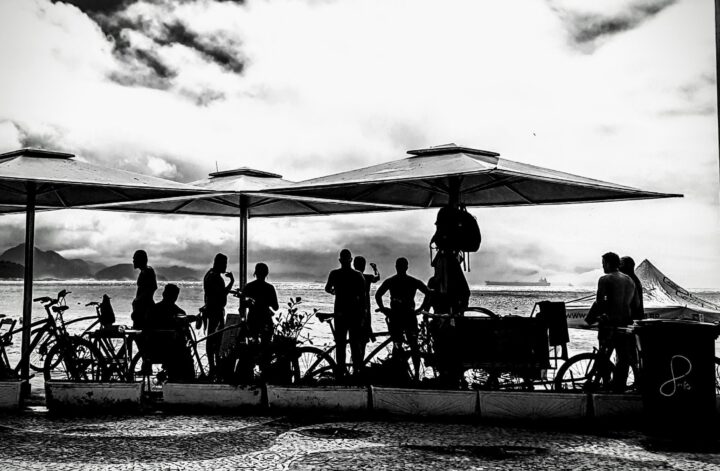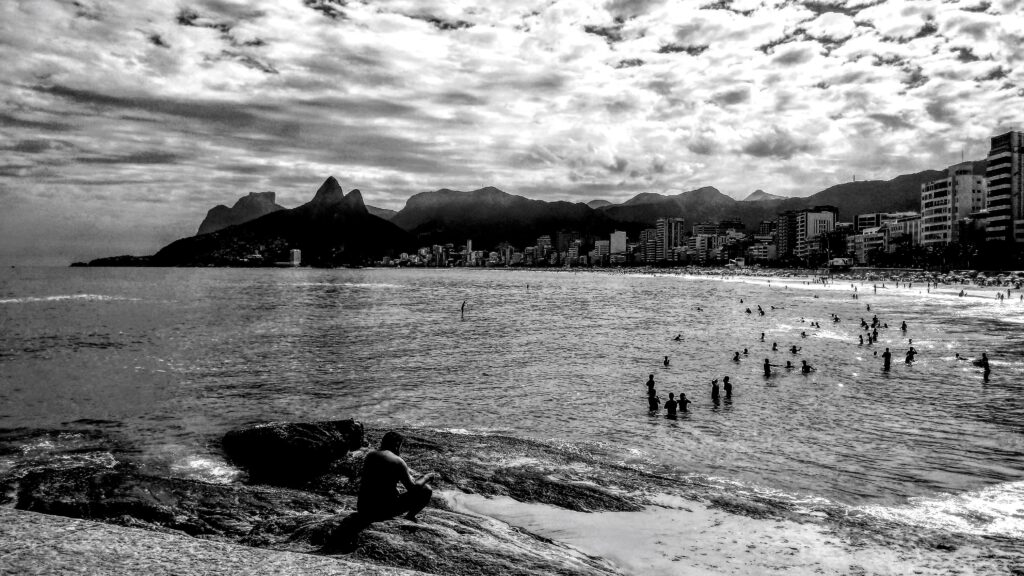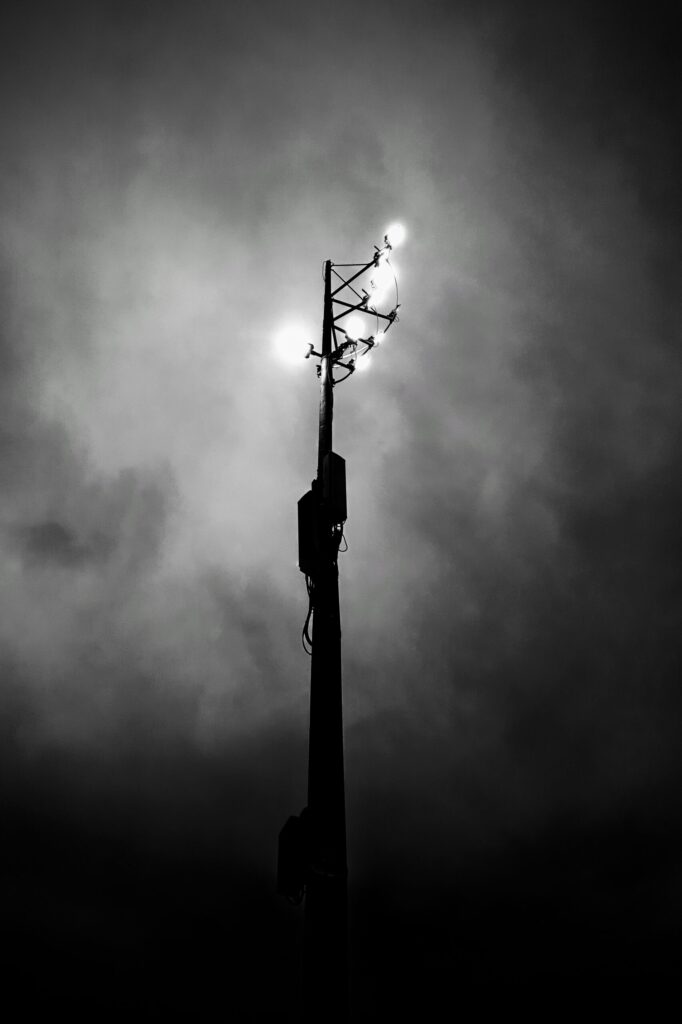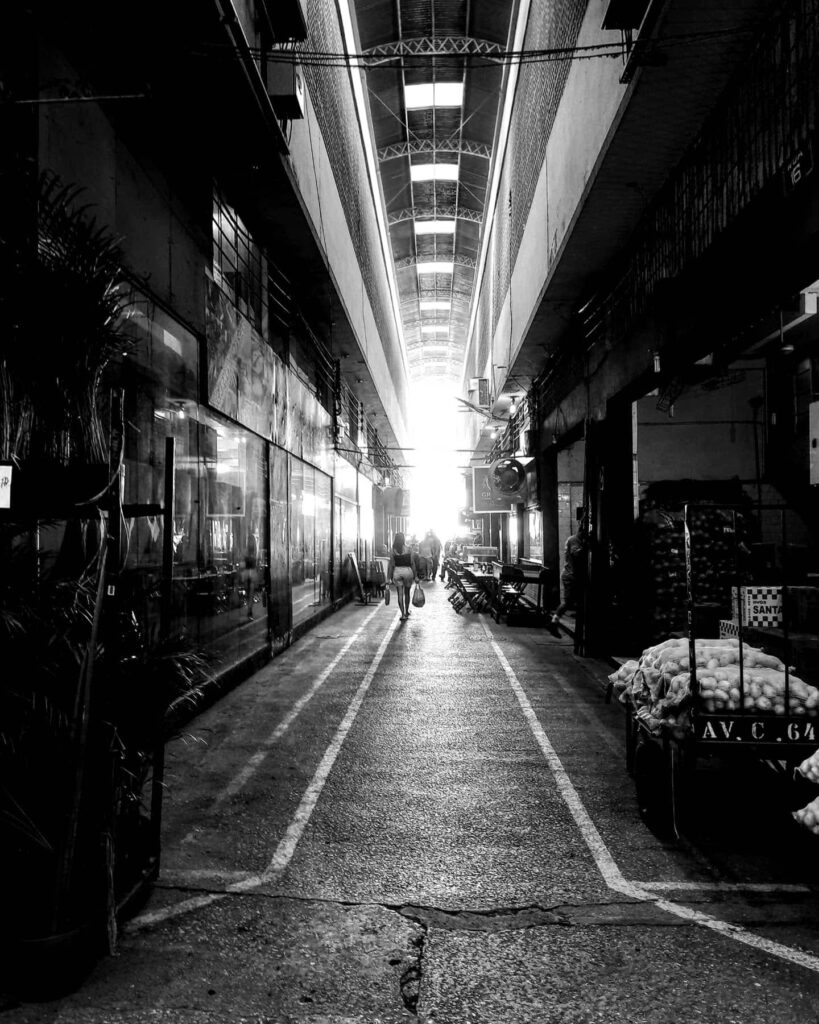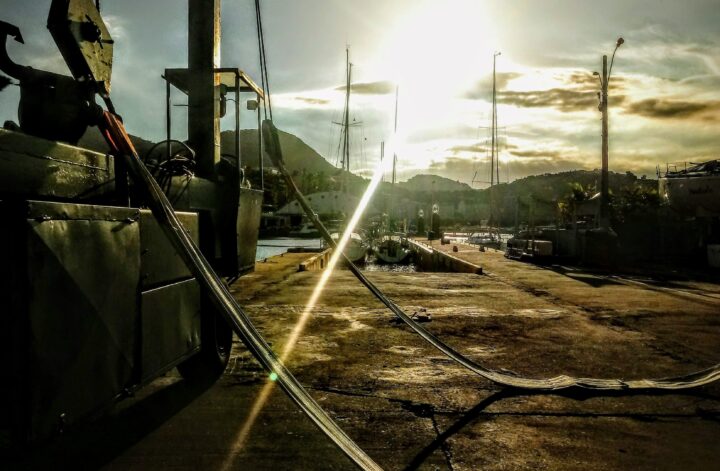Wordsley, Stourbridge, England: 2 degrees, cold, sunny and blue skies.
Even though I wanted to do exercise outside, there were still sequelae from yesterday’s session. Instead, I thought it would be better to walk, get some shopping for my mother, and come back on foot.
Ideally, it is good to do both, walking and exercise, but if for some reason you can’t do one, then do the other. The distance to the next town and back is about 6 kilometres, more than enough for a good walk. The ideal number of daily steps is approximately 10,000, which is my goal. When I was in Rio, it was relatively easy; in England, due to the weather, it is a little more difficult, but not impossible.
I walked to Kingswinford, did the shopping for my mother, and came back. I was tempted at one point to take the bus, but I didn’t. Listening to music all the time makes it even easier and more pleasurable than it already is.
It is a Thursday, and I’m a little tired, but not as much as I would be if I were in Rio. In Rio, in the past, I would be exhausted entirely by Thursday, not wanting to do anything or at least very little in terms of work on a Friday.
Everything here in England seems to be at a slower pace, and I’ve adjusted to the more relaxed atmosphere after the hectic pace in Rio. The carioca lifestyle exudes speed, to cram as much as possible into one day, and if you don’t, you are weak, not up to it, and could even be left behind.
This lifestyle in Rio, although it is conducive to outdoor activities due to Rio’s natural topography and weather, seems to have more potential for burnout than here, especially if you are poor and responsible. If you are poor and lazy, then there is nothing to worry about, but if you are responsible, then you are at a disadvantage from the moment you get up in the morning until you go to bed.
Probably, like so many others, you live far from your work in the outskirts or suburbs, where rent and the cost of living are lower. You have to commute for at least an hour and a half; imagine it takes and loses at least three hours of your life to go to and from work every day, probably by bus, metro, or train, with another 100,000 workers doing the same as you. Faces pressed against the windows, you are unable to move an inch, only breathe and wait for your stop or station, because if you can’t breathe, how will you work?
I have been on the bus, the train, and the metro during rush hour, and it is hell on earth; I wouldn’t wish it on my worst enemy. There is a joke in Portuguese that says, “they transport cattle better than people”, as it is so inhuman, but for probably 80% of the population, there is no other option.
That is also without considering your own personal safety. Especially on public buses, the risk of being mugged or assaulted in Rio is very high, where armed men can often board the bus and take everything they can from passengers. Ordinary working people who face this ordeal every day, risking their lives, money, and belongings, including their expensive mobile phones, face a very cruel reality. Stealing from a wealthy person is understandable, though not acceptable; however, stealing from a hardworking person is unfair, disgraceful, and perverse.
I have been mugged three times in Rio, over the 35-plus years there. In one situation, more than 20 years ago, on a bus going to Copacabana, two guys/criminals entered and assaulted the crowded bus. One of the criminals with a gun, sadly, shot and killed in front of me a man who had reacted at the back of the bus.
Besides a dead body in the middle of the aisle on the bus, the floor was spattered with blood, mixed with pieces of shattered glass from the gunshots breaking the windows and an assortment of watches, wallets, belongings that the criminals had already taken before the confusion, and including my recently bought Rolex from a business trip that I had done just a couple of weeks before when I went to London.
The Americans call this type of thief a ‘Chicken Thief’, referring to the thefts from farms in the past. The issue is that small items, like a mobile phone, are relatively expensive for a lower-middle-class worker in Brazil, which can be resold on the black market for a significant profit.
Unfortunately, Brazil has a widespread problem—an epidemic—that has become so common that I would say Brazil is endemic with chicken thieves, and this is slowly eroding all corners of Brazilian society.
This is why I have no patience for people like this. Just like everybody, you make a choice, and you pay the consequences of your choices. The further ramifications of a society with low public safety are billion-dollar losses for everyone, including the federal government, state governments, municipal governments, businesses, tourism, and, most importantly, our own personal lives, with our families and friends at stake.
I had classes until 10:00 PM, then some quality time with my mother, and was in bed by midnight.
Thank you.
Thanks for reading this blog post. Please explore my other posts and share your thoughts in the comments section.
Richard

